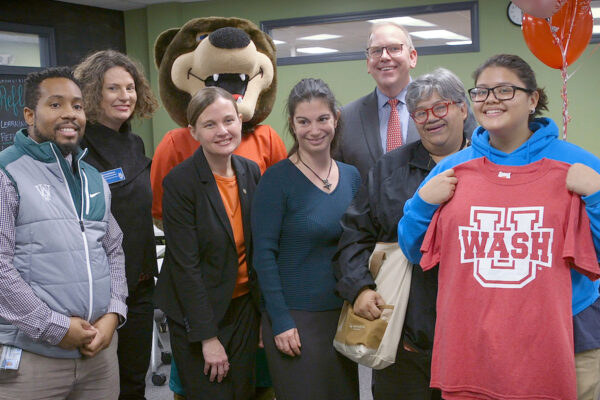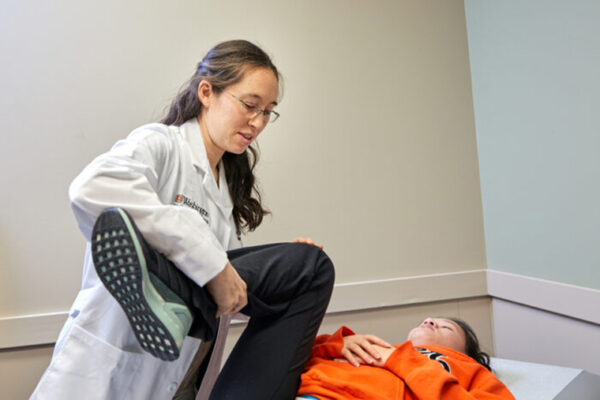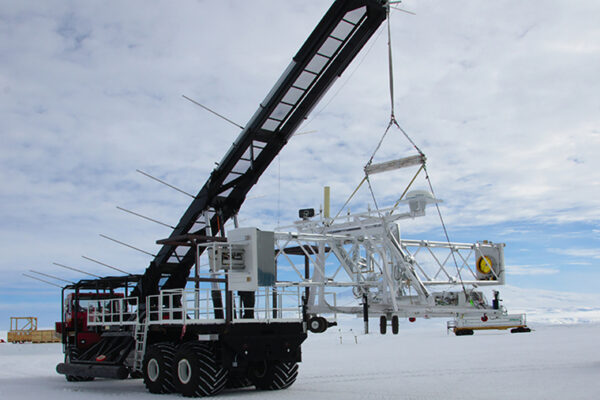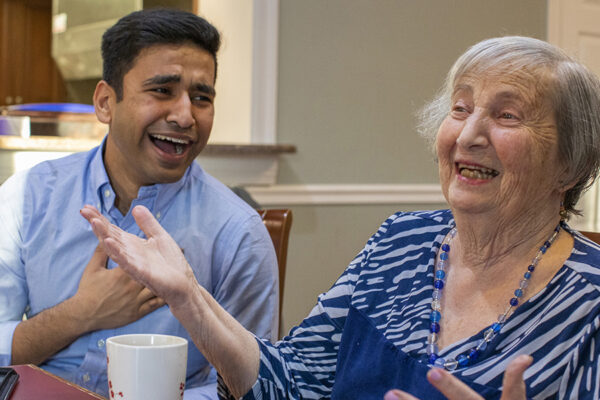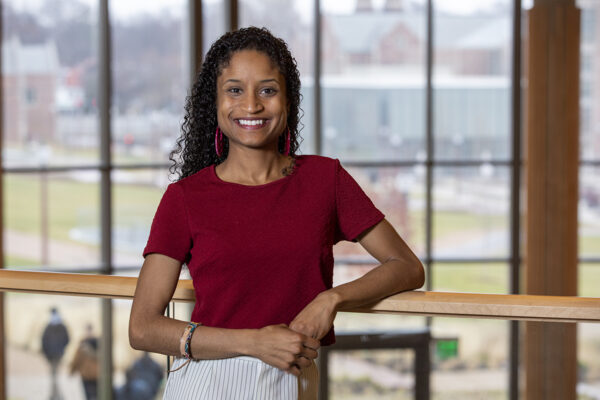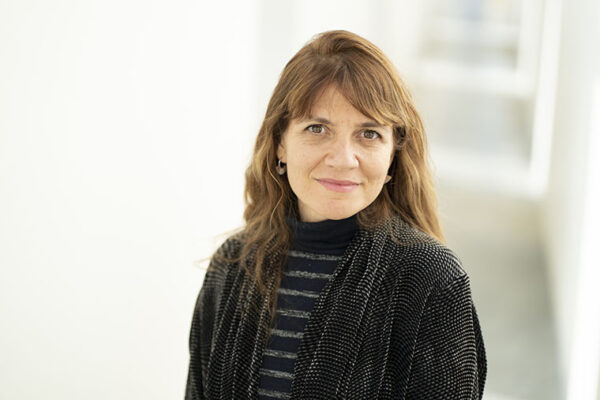Survey: Electorate wants candidates, parties to act on climate change
In a November wave of The American Social Survey conducted by the Weidenbaum Center on the Economy, Government, and Public Policy, political scientists polled likely primary voters to find that — despite consensus among Democratic candidates and the Trump administration’s actions to repeal environmental regulations — the two parties’ electorates don’t match their candidates’ stances on climate change.
WashU physicists launch cosmic ray telescope from Antarctica
A team of Washington University in St. Louis scientists at McMurdo Station, Antarctica, successfully launched its SuperTIGER (Super Trans-Iron Galactic Element Recorder) instrument, which is used to study the origin of cosmic rays.
Division of Computational and Data Sciences marries AI, social science
The interdisciplinary Division of Computational and Data Sciences, one of a few of its kind in the country, focuses on turning the computational lens on social sciences. In the new PhD program, students have two advisers, one in computer engineering and one in a social science domain from social work and public health, political science, or psychological and brain sciences.
WashU Expert: A ‘powerful and helpful’ word
Merriam-Webster has chosen “they” as the 2019 Word of the Year, a move applauded by an expert on later-in-life gender transitions at Washington University in St. Louis.
Local student surprised with WashU Pledge scholarship
On Dec. 12, 707 high school seniors opened their inboxes to learn that they had been accepted early decision to Washington University in St. Louis. But Zussy Chavira Duron of St. Louis got the good news straight from a team of Washington University leaders and the WashU Bear, who traveled to the College Bound St. Louis office to surprise her with an acceptance letter and a full WashU Pledge scholarship.
Depression, anxiety may hinder healing in young patients with hip pain
New School of Medicine research suggests that physicians evaluating young patients with hip pain should consider more than physical health. They also should consider screening for clinical depression and anxiety — impairments that can have a negative impact on outcomes following hip surgery.
Supersize me: Physicists awarded $3.3M for XL-Calibur telescope
Researchers from Washington University in St. Louis will develop and deploy a new telescope designed to measure the linear polarization of X-rays arriving from distant neutron stars, black holes and other exotic celestial objects. The instrument will be flown on a minimum of two scientific balloon launches as early as summer 2021. The NASA-funded effort builds on promising results from a previous balloon-borne mission known as X-Calibur and is dubbed XL-Calibur.
Graduating senior to stay in St. Louis, expand nonprofit
Harsh Moolani initially shrugged off a friend’s advice to quit trying to do it all. Then he considered the source: a remarkable woman with a successful career, good friends — and only a few months to live. Moolani is set to graduate in December with a degree in neuroscience in Arts & Sciences. He will remain in St. Louis and expand Create Circles, the nonprofit he founded to connect older and younger adults.
Local government through a social work lens
Social workers have long served traumatized students, sick patients, struggling veterans and troubled families. But can they help the American mayor? Absolutely, said Diamond Munerlyn, who is poised to earn a master’s degree in social work from the Brown School. The recognition ceremony is Saturday, Dec. 14.
Levy named 2019-20 Freund Teaching Fellow
Dana Levy, an internationally renowned artist whose work frequently explores tensions between the man-made and natural worlds, has been appointed the 2019-20 Henry L. and Natalie E. Freund Teaching Fellow at Washington University in St. Louis. The fellowship, jointly sponsored by the Saint Louis Art Museum and the university’s Sam Fox School of Design & Visual Arts, is designed to promote the creation and exhibition of contemporary art as well as the teaching of contemporary art principles.
View More Stories




